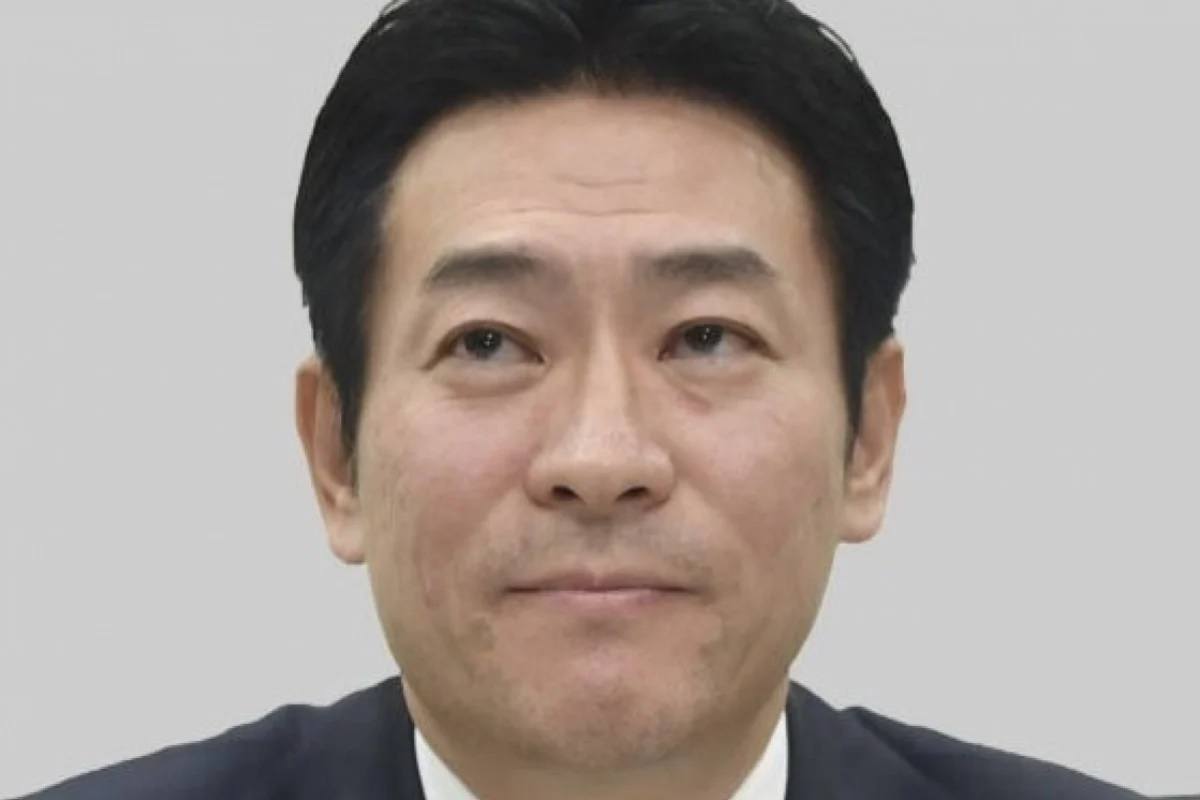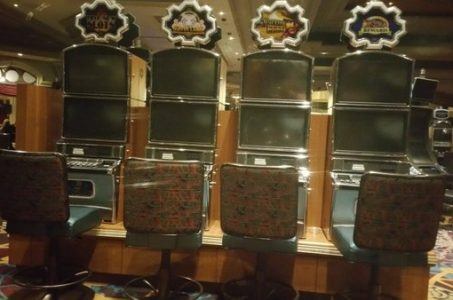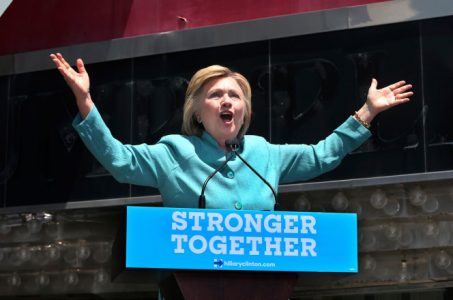Japanese Casino Bribery Scandal: Three Arrested for Witness Tampering, Disgraced Pol’s Prints Found on Cash
Posted on: August 24, 2020, 01:35h.
Last updated on: September 2, 2020, 08:57h.
Tokyo prosecutors indicted three men on Monday whom they accuse of trying to improperly influence a witness in relation to a national casino bribery scandal.

Akihito Awaji, 54, Fumihiko Sato, 50, and Kazuhiro Miyatake, 49, are alleged to have offered 30 million yen ($284,000) to persuade a former Japanese adviser to Chinese online gambling company 500.com to give bogus testimony in support of Japanese lawmaker Tsukasa Akimoto.
Akimoto is a former Cabinet Office minister for Shinzo Abe’s ruling Liberal Democratic Party (LDP) who was a key figure in shaping policy for the liberalization of Japan’s casino market.
He was arrested on December 25, 2019, and accused of accepting bribes from 500.com, allegedly for looking favorably on the company’s now-defunct bid to build a casino in Hokkaido province.
Great Wave of Corruption
Monday’s indictments come four days after Akimoto was hit with a new arrest warrant for allegedly ordering his accomplices to tamper with the testimony of 500.com adviser Masahiko Konno, who had already been indicted for bribing Akimoto.
Citing “sources close to the matter,” The South China Morning Post reported Saturday that Akimoto’s fingerprints were found on one of three bundles of cash the lawmaker’s accomplices allegedly offered Konno in return for his false testimony.
I did not ask (anyone to falsely testify), nor am I involved in anything,” he told investigators last week, as reported by Mainichi Shimbun’s English language website.
Akimoto has doggedly remained working as a lawmaker since his release on bail in March, despite being forced out of the LDP.
Operators Cool Interest
The idea of a Japanese casino market has had international operators salivating for years, with analysts predicting it would quickly eclipse Las Vegas as the second-biggest gaming market in the world, behind Macau.
Meanwhile, Prime Minister Abe has long seen international operators and the investment they will bring as a crucial part of his plan to reinvigorate the Japanese economy.
Legislation that would pave the way for liberalization was finally passed in December 2016. But Japan still has no casinos, and operator interest has cooled — largely because of endless delays to the process, operator-unfriendly regulations, and the economic uncertainty brought by the coronavirus.
Once among the front-runners for one of three initial casinos licenses, LVS and Wynn Resorts have each bowed out of the race.
Meanwhile, the deepening Akimoto scandal has done little to endear casinos to the Japanese public, which never supported them in the first place, consistently polling against liberalization by a 2 to 1 margin.
Related News Articles
Most Popular
LOST VEGAS: ‘Tony The Ant’ Spilotro’s Circus Circus Gift Shop
Las Vegas Overstated F1 Race’s Vegas Impact — Report
Mega Millions Reportedly Mulling Substantial Ticket Price Increase
Las Vegas Strip Stabbing Near The Strat Leaves One Man Dead
Most Commented
-
End of the Line for Las Vegas Monorail
— April 5, 2024 — 90 Comments -
Mega Millions Reportedly Mulling Substantial Ticket Price Increase
— April 16, 2024 — 8 Comments -
Long Island Casino Opponents Love New York Licensing Delays
— March 27, 2024 — 5 Comments -
Sinclair Broadcast Group Selling 7.91 Million Bally’s Shares
— April 12, 2024 — 4 Comments
















No comments yet